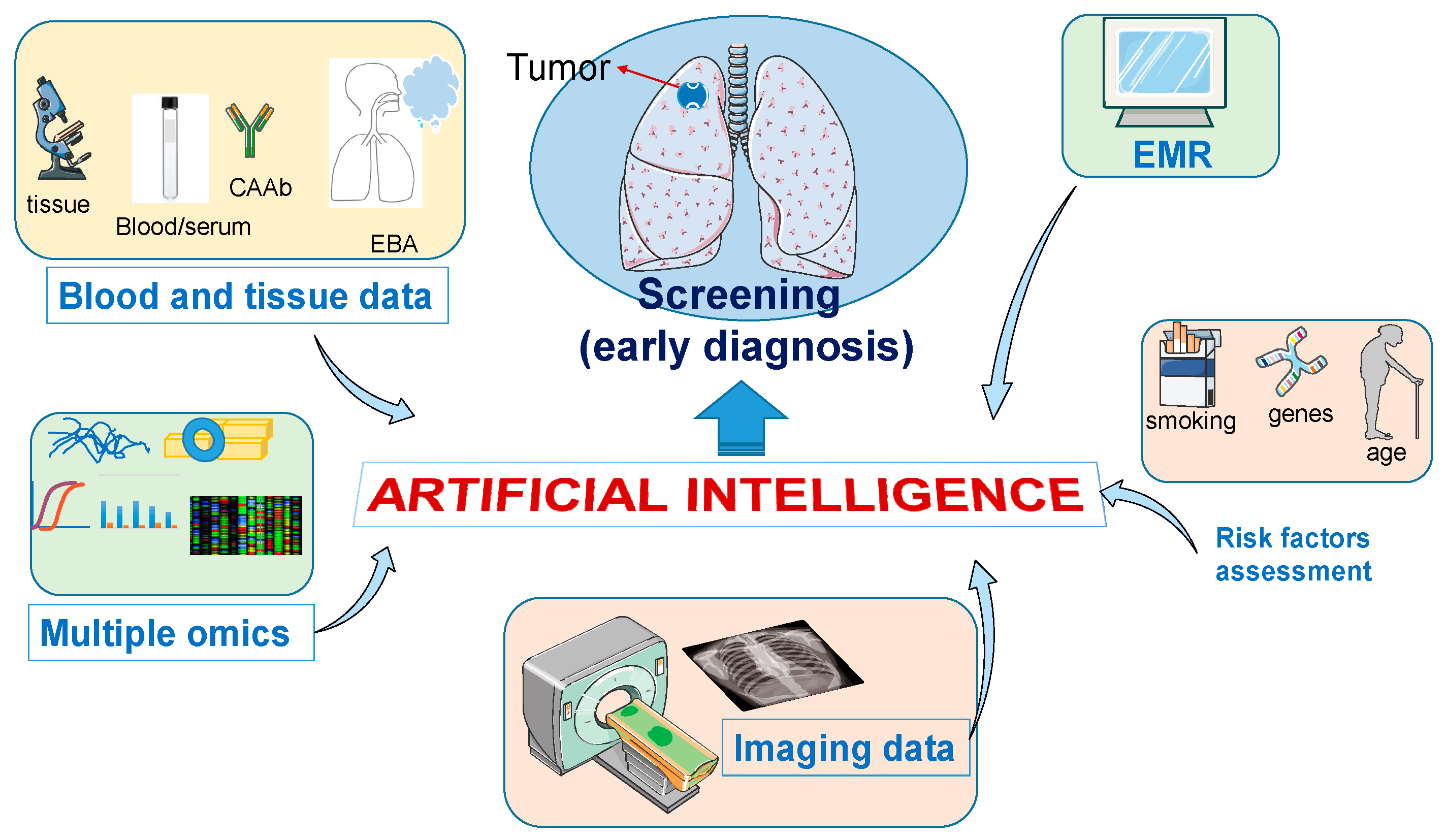
AI Unlocks New Frontiers in Cancer Diagnosis and TreatmentAI Unlocks New Frontiers in Cancer Diagnosis and Treatment Artificial intelligence (AI) has revolutionized numerous industries, and healthcare is no exception. In the realm of cancer care, AI-powered technologies are transforming the way we detect, diagnose, and treat this devastating disease. Early Detection and Screening: AI algorithms can analyze large datasets of medical images, such as mammograms and CT scans, with unprecedented precision. This enables the early detection of suspicious lesions that might have been missed by the human eye, significantly increasing the chances of successful treatment. AI-powered screening tools have been shown to improve early diagnosis rates for cancers like breast, lung, and colon cancer. Personalized Diagnosis and Treatment Planning: AI can help clinicians better understand the unique molecular characteristics of each patient’s cancer. By analyzing tumor biopsies using genomic sequencing and other techniques, AI algorithms can identify specific genetic mutations and alterations that drive cancer growth. This information enables the development of highly personalized treatment plans tailored to the individual patient’s needs. Precision Radiation Therapy: AI-based software can plan and guide radiation therapy with greater accuracy. By using 3D models of the tumor and surrounding tissues, AI algorithms can calculate the optimal radiation dose and delivery patterns, minimizing damage to healthy tissue and improving treatment outcomes. This precision approach has been particularly beneficial in treating complex tumors in sensitive areas, such as the brain and spinal cord. Immunotherapy Optimization: AI can help identify patients who are more likely to benefit from immunotherapy, a promising cancer treatment that harnesses the body’s own immune system to fight cancer. By analyzing patient data, AI algorithms can predict which patients have the strongest immune response to certain immunotherapy drugs, guiding treatment decisions and maximizing effectiveness. Drug Discovery and Development: In the pharmaceutical industry, AI is accelerating drug discovery and development processes. AI-powered computer models can screen vast libraries of compounds for potential cancer-fighting properties, saving time and resources. Additionally, AI algorithms can predict the efficacy and toxicity of drugs, enabling faster and more informed clinical trials. Conclusion: The integration of AI into cancer care has unlocked a new era of possibilities. From early detection and personalized treatment planning to precision radiation therapy and optimized immunotherapy, AI is empowering clinicians and improving patient outcomes. As AI technology continues to advance, we can expect even more transformative breakthroughs in the fight against cancer. By leveraging the power of AI, we are moving closer to a future where cancer is diagnosed and treated with unprecedented precision and effectiveness, ultimately improving the lives of countless patients worldwide.
Posted inNews